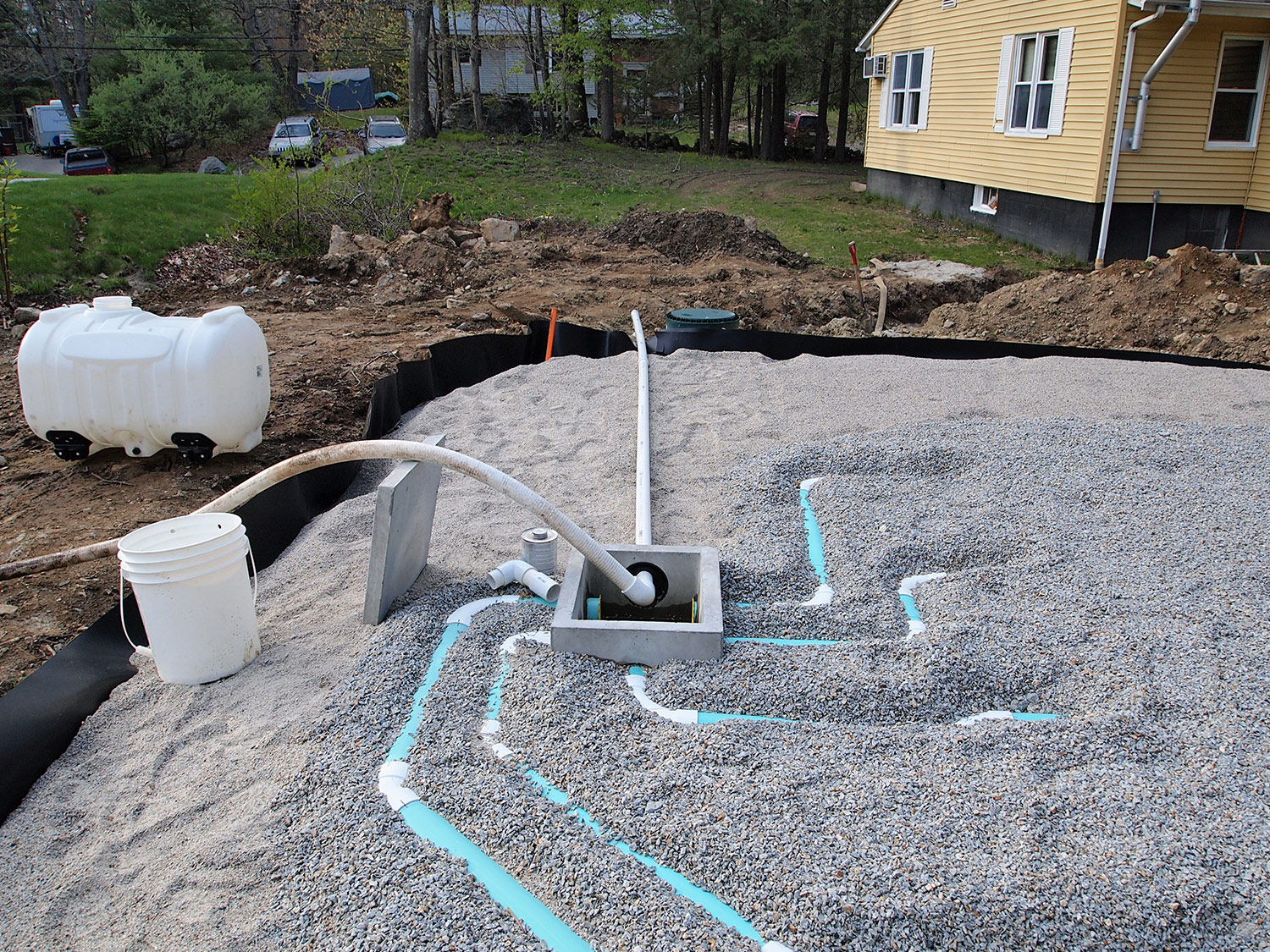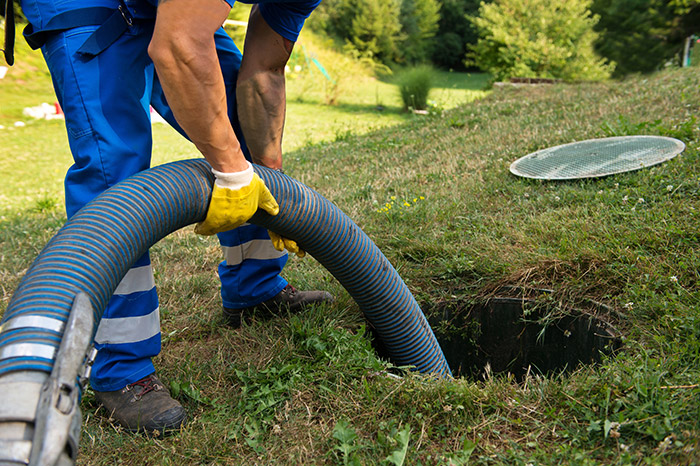
How often should you get a septic system inspection?
Experts say you should get a septic inspection every three years. But here's a dose of reality: Most homeowners never get their septic systems inspected unless there is a notable issue.
But that means homeowners get an inspection only when issues that may signal big trouble arise, such as when the toilet backs up, water takes too long to drain, or there's an actual septic system leakage. The benefit of doing an inspection every three years is to avoid major problems.
The three-year mark is also the maximum amount of time you should let your septic system go without being pumped out.
A problem caught at inspection can save you from having to replace the entire septic system. It's especially important to keep your septic system in good shape if you plan on selling. During closing, a certified inspection will be performed and you don't want any last-minute surprises.
Who should perform a septic system inspection?
You're going to want to hire a professional septic contractor for the inspection.
General home inspectors do only a limited, visual-only inspection of the septic system.
A septic contractor will look for cracks in the tank indicated by a low level of liquid, the amount of solids inside the tank using a measuring device called a "sludge judge," and possible ground contamination.
Is the home seller or buyer obligated to get an inspection?
The person who's responsible for carrying out the inspection is determined based on where you live. In Massachusetts it is the seller's responsibility to get an inspection.
Bottom line: Ask your local real estate professional about your obligation regarding the septic system inspection.
Is the seller obligated to fix any septic problems?
The responsibility to pay for septic repairs typically falls to the seller. However, repairs of any kind found at inspection are generally negotiable. Contract terms usually dictate the course of action, but sellers may have such options as doing the repairs themselves, splitting repair costs with the buyer, giving the buyer a closing credit equal to the amount of the repairs, or refusing to do anything. If an agreement on repairs isn't reached, the buyer does have the legal right to walk away from the transaction.
Don't forget about disclosure
In all states, sellers are required to disclose any known problems with a home to potential buyers. If there's a septic issue after closing that the sellers knew about, they will be liable for the entire cost of the repairs.
For that reason, it's good practice for all sellers to perform their own septic system inspection. That way, the seller is protected from any future septic issues after the closing.
For more information on a septic system inspection, contact Morse Engineering and Construction.

